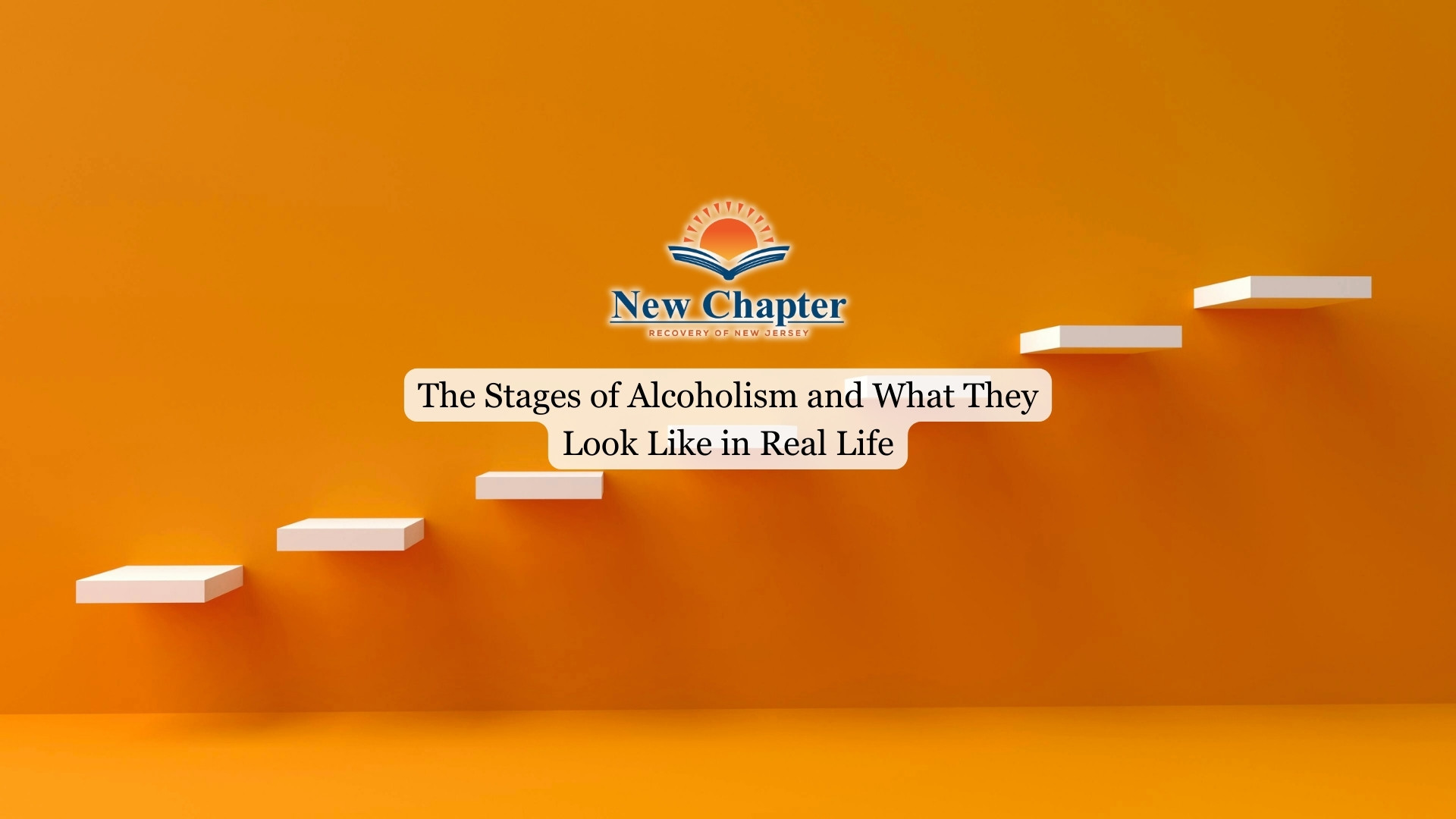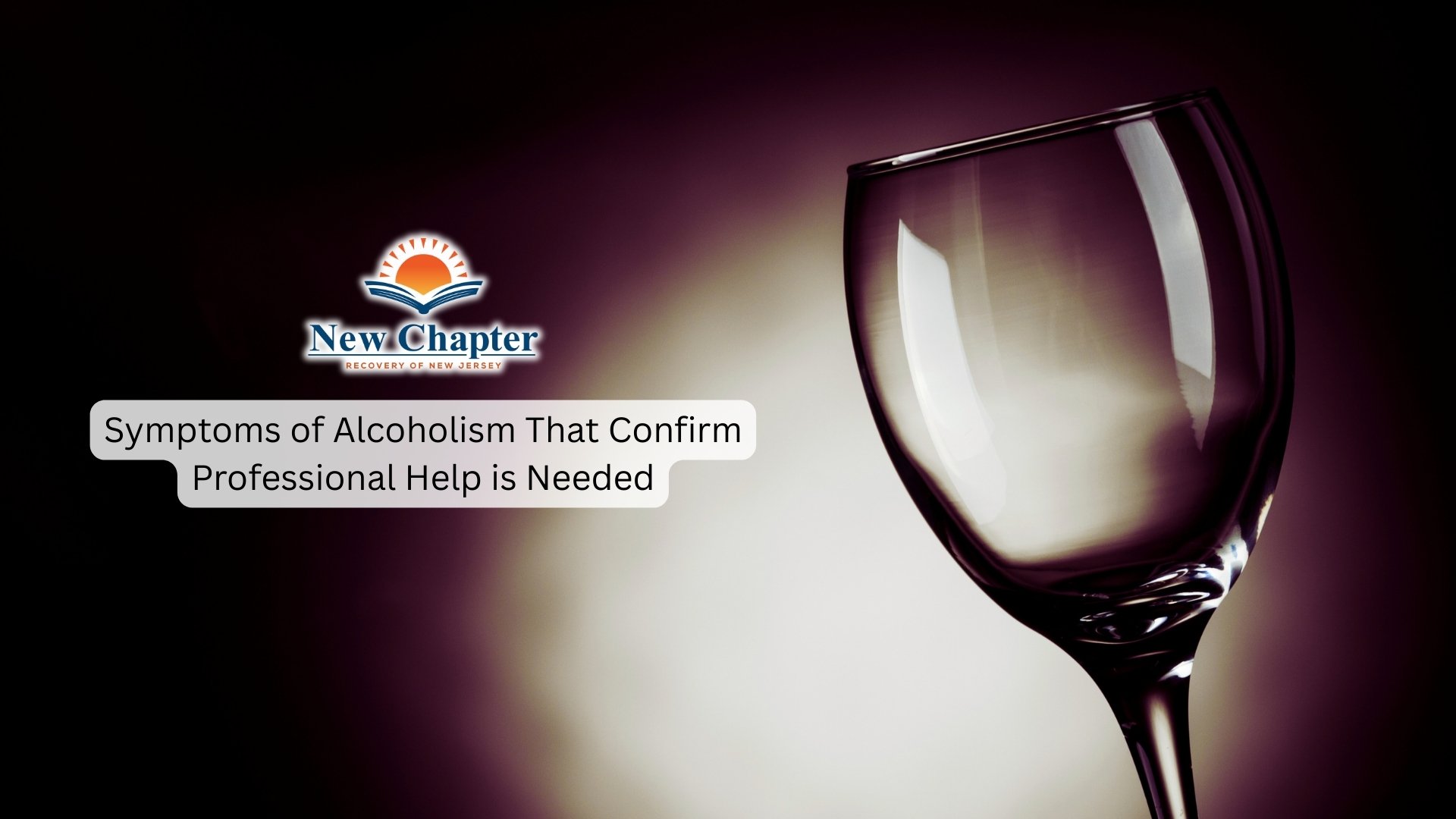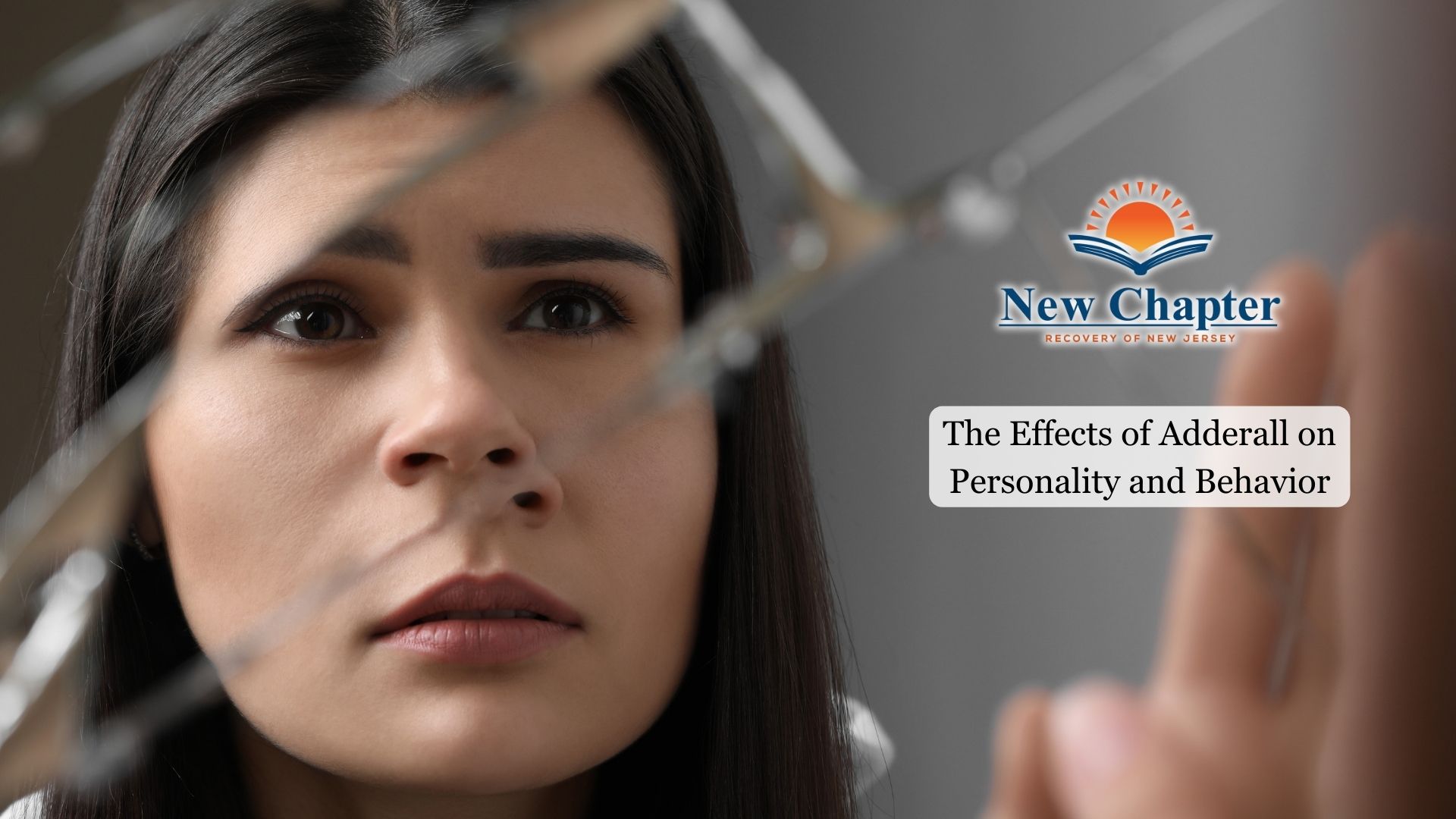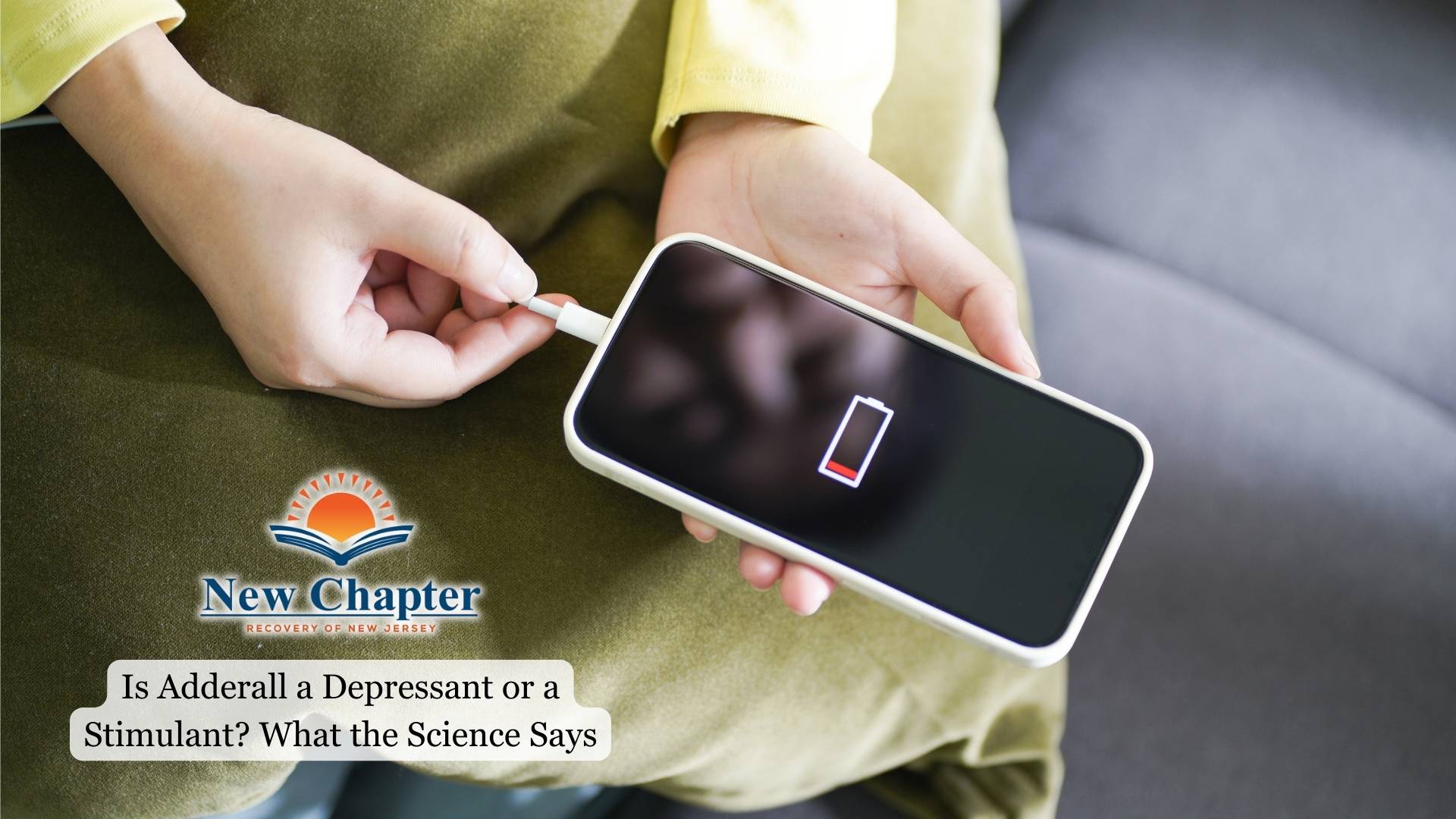For parents facing drug or alcohol addiction, choosing to enter rehab is a courageous step but it can also feel overwhelming when you’re responsible for raising children. The thought of being away from your kids, managing childcare, or worrying about custody can make an already tough decision even harder.
In this article, we provide an overview of important considerations for parents who are thinking about seeking a treatment program for substance use disorder while caring for their families. Understanding the options and planning ahead can make the recovery journey smoother for both parents and children.

Understanding the Impact of Substance Use on Families
Parental substance use can have a profound impact on children and adolescents, affecting their emotional well-being, safety, and development. Children of parents using drugs or alcohol may experience instability at home, which can place them in danger and lead to involvement with child protective services or family court.
Substance abuse and mental health disorders in parents often contribute to child welfare concerns, and untreated addiction can increase the risk that a parent may lose custody of their children. Seeking help and entering a specialized rehab program at a drug and alcohol treatment center not only supports the parent’s recovery but also helps protect the family unit and care for your child and their needs.
Types of Rehab Programs Available to Parents
Parents seeking drug addiction treatment have several rehab options, including inpatient rehab, outpatient rehab, and intensive outpatient programs. Inpatient rehab facilities provide 24/7 support and supervision, which can be crucial for severe substance use or co-occurring mental health disorders. However, inpatient rehab may require parents to be away from their children for extended periods, which can be challenging without a solid plan for childcare.
Outpatient and intensive outpatient programs for drug use offer more flexibility, allowing parents to live at home and maintain daily responsibilities while receiving structured therapy and support. Some rehab centers specialize in family rehab or programs for parents that prioritize helping both the parent and child, sometimes even allowing children to live on-site or visit regularly.
These treatment programs often include family therapy, which is essential for healing relationships and addressing the impact of addiction on families and children.
Childcare and Custody Considerations
It’s important to prepare for rehab by arranging trusted caregivers or legal guardianship to ensure children’s safety and stability during treatment. Parents should communicate openly with schools, doctors, and caregivers about the temporary changes in care.
Substance abuse can affect child custody, and parents may worry about losing custody of their children while in treatment. However, taking proactive steps to seek treatment and working with child welfare agencies can demonstrate a commitment to recovery and parenting responsibilities.
Family court often considers participation in addiction treatment and family therapy positively when making custody decisions. Parents who complete rehab and engage in ongoing care increase their chances of regaining custody after drug abuse or maintaining custody throughout the recovery process.
Preparing Your Children for Your Time in Rehab
Talking to children about a parent’s substance use and rehab can be difficult, but it is crucial for their emotional well-being. Parents should use age-appropriate language to explain what rehab involves and reassure children that they are loved and cared for, even if temporarily apart. Open communication helps reduce children’s anxiety and confusion, especially for older children and adolescents who may already be aware of the addiction and its effects.
Maintaining connection during rehab, through phone calls, visits, or family therapy sessions, can help children feel supported and involved in the recovery journey. Parents might also encourage children to seek counseling or support groups to address their own feelings and experiences related to parental substance use.
Support Services for Families and Children
Many rehab programs include family therapy and support services designed to help families and children heal from the impact of substance abuse. These services provide education about addiction and mental health, improve communication skills, and help rebuild trust between parents and children. Parenting classes and skill-building workshops offered during treatment can equip parents with tools to care for their children effectively once they return home.
Community resources and abuse and mental health services also play a critical role in supporting families during and after rehab, ensuring that children and adolescents receive the care they need to thrive.
Overcoming Barriers and Stigma
Parents seeking addiction treatment often face fears of judgment, losing custody, or being seen as unfit caregivers. It is important to remember that treatment can help break the cycle of addiction and protect families from further harm. Rehab programs for parents prioritize helping individuals regain stability and rebuild relationships with their children. Many parents who enter rehab successfully maintain or regain custody and create healthier environments for their families.

Tips for a Successful Transition Back Home
The return home after rehab is a pivotal stage for both parent and child, calling for thoughtful preparation and ongoing support. Here are some key tips to help ensure a smooth and positive transition:
Plan Ahead for Stability
- Establish clear routines and expectations at home.
- Make necessary adjustments to the environment to support sobriety, such as removing triggers.
Continue Outpatient Support
- Attend outpatient care and therapy sessions as recommended.
- Stay connected with recovery groups and professional support networks.
Prioritize Relapse Prevention
- Develop and rehearse strategies for coping with cravings or setbacks.
- Identify and manage potential stressors together as a family.
Keep Family Therapy Going
- Continue family therapy to address lingering issues and strengthen bonds, supporting family healing.
- Involve children in family sessions as appropriate for their age and understanding.
Open Communication
- Foster honest, non-judgmental conversations with children about challenges and progress.
- Encourage children to share their feelings and concerns.
Rebuild Trust and Routines Together
- Involve children in re-establishing household roles and daily routines.
- Celebrate progress and milestones as a family.
By focusing on structure, ongoing support, and communication, families can build a healthy foundation for long-term recovery and healing.
Final Thoughts from New Chapter Faith
Going to rehab while raising children is a challenging but vital step for parents struggling with substance use or addiction. Treatment can help parents regain control of their lives, care for their children, and repair the impact of substance abuse on families and children.
At New Chapter Recovery, we understand that when a parent enters rehab, the involvement and support of the entire family are essential to a successful recovery. Our approach focuses on not only helping you overcome addiction but also supporting your role as a parent and strengthening your family as a whole. Our caring team is dedicated to guiding you through every stage of your recovery journey, providing the resources and compassion needed to help you heal while maintaining a loving and stable environment for your children.






